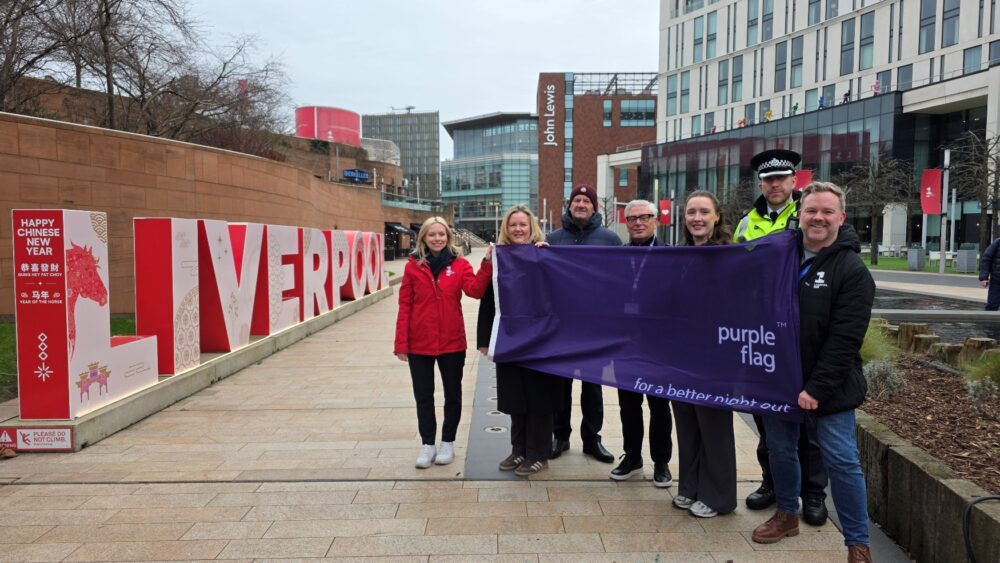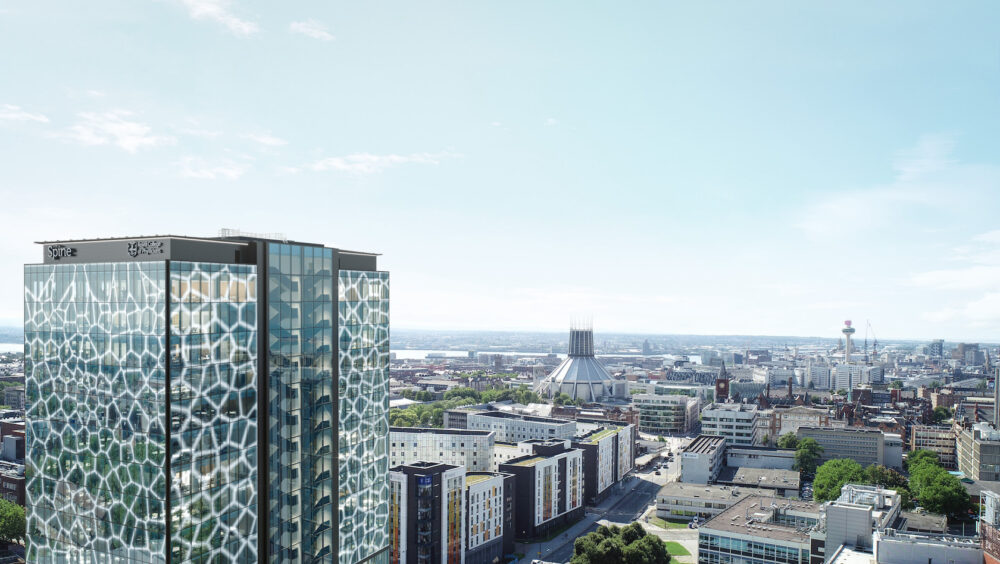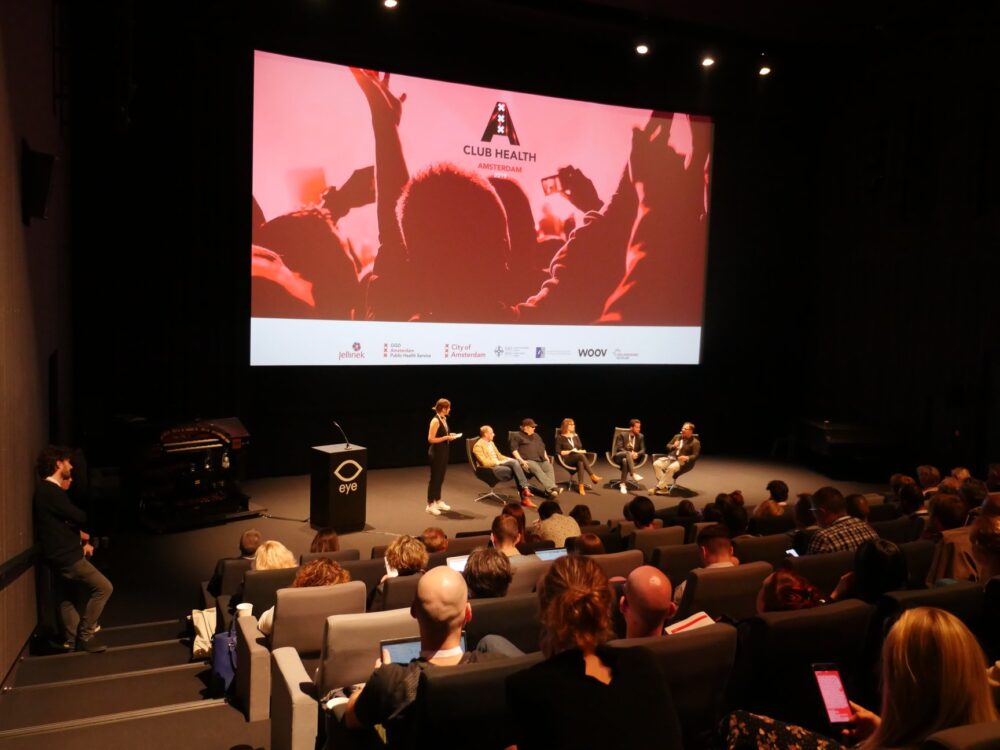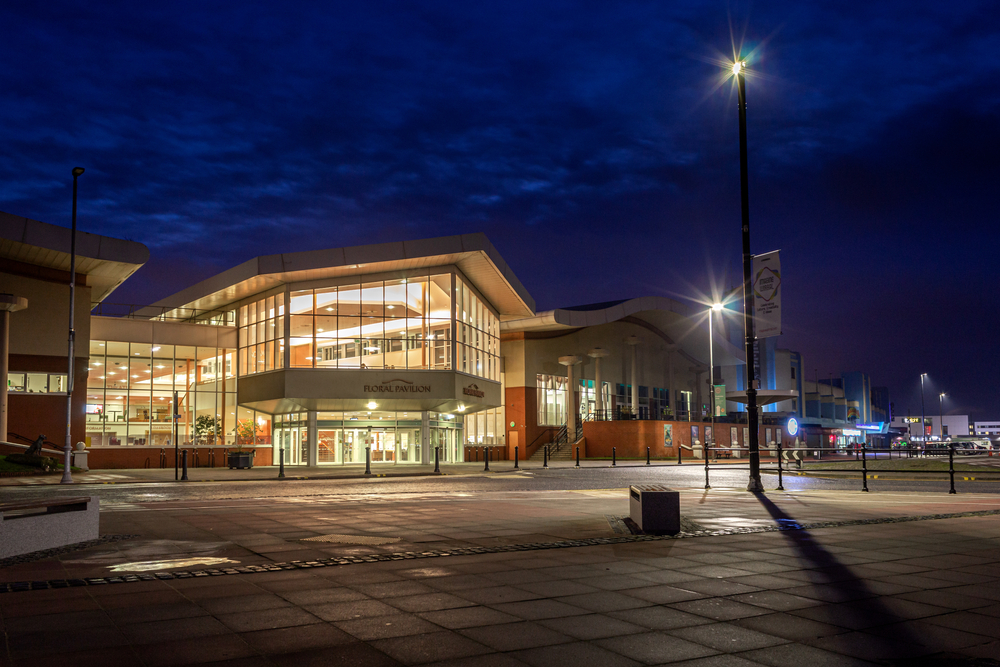
Nightlife
Liverpool to host International Club Health Conference which is focused on improving nightlife safety
2 years ago

More than 150 professionals will descend on the city this week (1st-3rd November) for a major global conference focused on building safer, stronger, more vibrant night time economies.
The International Club Health Conference is returning to Liverpool 26 years after the very first event was held at the world-famous Cream nightclub, focused on using a public health approach to tackling nightlife issues including licensing, transport, violence, alcohol and other drugs.
This pioneering event brought the nightlife agenda into focus and since then events have been held bi-annually across Europe and in Australia and America and the agenda has been widened out to cover wide-ranging issues including sexual health, violence and policing the night time economy.
This year’s event is also shining a spotlight on equality, diversity and inclusion and will feature sessions focused on safe spaces for LGBTQ+ communities, black lives in music and creating a nightlife that is friendly for those with neurodiverse conditions.
The conference, which has been organised by Merseyside’s Violence Reduction Partnership (MVRP) and Liverpool John Moores University, will be opened by Merseyside’s Police Commissioner, Emily Spurrell, and Liverpool City Council’s Director of Public Health, Professor Matt Ashton.
Keynote speakers at the event include Dr Owen Bowden-Jones, a consultant in addiction psychiatry who founded the Club Drug Clinic, the UK’s largest service for people using ‘club drugs’ and who now chairs the Government’s advisory agency on drugs, the Advisory Council on the Misuse of Drugs (ACMD).
Also among the 14 speakers are Bristol’s first Night Time Economy Advisor, Carly Heath, Merseyside Police’s Chief Constable Serena Kennedy and LCR Pride’s CEO and Co-Founder Andi Herring, who will talk about the You’re Safe Here scheme funded by the Police Commissioner. The event will also feature 15 parallel ‘in conversation’ sessions involving more than 75 speakers on wide-ranging themes including festivals, drug testing, addiction, spiking, sexual violence, the impact of Covid and hotspot policing.

Merseyside’s Police Commissioner Emily Spurrell said:
“Liverpool is rightly famous for its brilliant nightlife and is often voted the best place for a night out in the UK, so I am delighted to welcome professionals from across the globe to our city for the 12 International Club Health Conference.
“Our region pioneered this work, hosting the very first Club Health Conference back in 1997, so it’s fantastic to see Liverpool once again at the forefront of this work.
“A lot has changed in the past 26 years, meaning the approach and priorities we must take has had to develop and expand to keep pace with our ever-evolving nightlife. This three-day event is a fantastic opportunity to discuss how we can work together and share best practice to make all our night time economies even safer, stronger, and more vibrant.”
MVRP’s Public Health Lead Andrew Bennett was instrumental in bringing the first Club Health to Liverpool back in 1997 and has been involved ever since. He said:
“Club Health has been around the globe and expanded significantly since we first launched it in Liverpool’s world-famous Cream nightclub back in 1997. The nightlife environment has changed dramatically too and I’m proud that this year’s event, back in its home city, has a wider remit than ever, with a real focus on how we can make our night time economies safer and more equitable for all our communities.
“Unfortunately, our last conference planned in Montreal two years ago had to be cancelled due to Covid, so this event is more important than ever – enabling public health professionals to come together for the first time in four years to share learning and discuss how we can work in partnership to promote the development of healthy night time environments in all our cities and countries.”
Prof Zara Quigg, Professor of Behavioural Epidemiology at Liverpool John Moores University has been part of the International Club Health movement and a nightlife researcher for 20 years. She said:
“Internationally, creating safer and healthy nightlife settings for all to enjoy is a key priority across governments and communities. Nightlife is an environment in which pleasure, intoxication, self-expression and group relationships co-exist. For many, nightlife is a safe environment and night-time economies provide important cultural, social and economic investment for towns and cities. However, the environment itself and some of the behaviours and social norms within, can increase risk of harm.
“Various policies, interventions and community initiatives are making great strides in preventing some of these harms however, and this conference will showcase many examples that adopt a public health approach. It also provides a unique opportunity for communities to come together to address the evolving challenges of nightlife and build advocacy for promoting sustainable and healthy nightlife spaces that are inclusive to all.”










 Subscribe
Subscribe Follow Us
Follow Us Follow Us
Follow Us Follow Us
Follow Us Follow Us
Follow Us Follow Us
Follow Us











